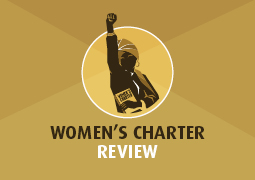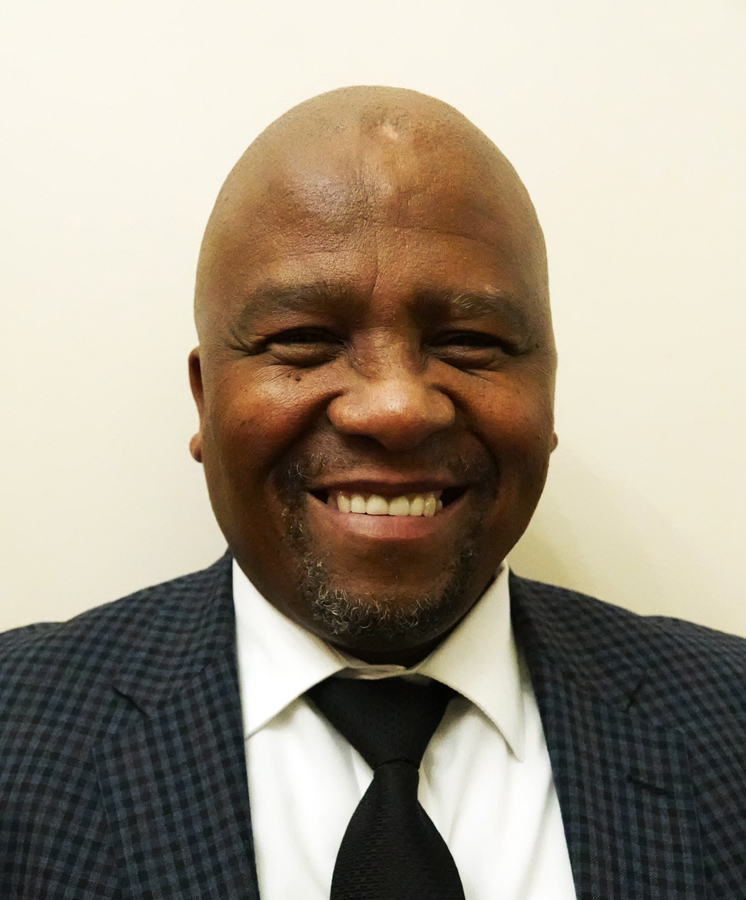
A virtual summit on the review of the Women’s Charter has heard that the absence of approved gender policies and municipal gender-mainstreaming strategies across municipalities in the Northern Cape is part of the reason for the lack of gender budgeting and mainstreaming in the province. This works against the charter’s objectives to empower women.
The Deputy Chairperson of the National Council of Provinces (NCOP), Ms Sylvia Lucas, is leading the consultation process, which aims to collect data in all the country’s districts on the status of women and efficiency of laws and policies aimed at uplifting women. In this session, the consultation focused on Frances Baard and John Taolo Gaetsewe districts in the Northern Cape Province. Participants and contributors included the Financial and Fiscal Commission (FFC) Auditor-General (AG) and the Statistician-General, as well as civil society organisations.
The meeting heard that despite government’s commitment to gender equality through various policies and legislative measures, including anti-discrimination legislation and employment equity policies, unacceptable gender inequalities still persist. Ms Ansuyah Maharaj from the FFC said the commission has also found poor translation of the National Agenda on Women Empowerment and Gender Equity into local programmes.
The FFC also noted that personnel in management have limited knowledge of gender mainstreaming, and that gender equality indicators and the collection of gender disaggregated information is limited. “National and provincial government should run gender budgeting pilots in a few municipalities first and evaluate results before wider application. These pilots could be linked to ensuring gender disaggregated data for key conditional grants as part of the grant framework in the Division of Revenue Act,” Ms Maharaj recommended.
The Chairperson of the Commission of Gender Equality, Ms Tamara Mathebula, called for the evaluation of the draft Gender Policy Framework for Local Government against national, provincial and international instruments, such as the Sustainable Development Goals (SDGs), and the National Development Plan’s Vision 2030.
Statistician-General Mr Risenga Maluleke said that while the Northern Cape has “generally done well in flattening the curve of poverty and inequality” households headed by women were poorer if compared to those headed by men. In addition, women in the province were more susceptible to abuse than in all other provinces. “We need to address the issue of education. There is evidence that education plays a huge role in getting people out of poverty,” Mr Maluleke said.
The Deputy AG Ms Tsakani Maluleke said: “There were major financial concerns throughout the province,” including uncollectable debts in municipalities and non-compliance. She further warned that “as long as we continue tolerating non-compliance, the laws and policies will remain unimplemented”.
The NCOP Deputy Chairperson Ms Lucas also echoed the concern that although great strides have been made since the advent of democracy in South Africa, gender discrimination still takes place in the workplace, and that while there are notable exceptions, women are as yet poorly represented in top managerial and executive posts country-wide.
“Reflecting on these deep challenges, the 25 Year Milestone of the Women’s Charter for Effective Equality provides both scope and context for the review and analysis of the entire women’s rights regime. This review process is intended to activate strategic discussions in the sixth dispensation, particularly around matters of policy, legislation and structural arrangements that still prove to be ineffective in advancing women’s rights in South Africa,” Ms Lucas said.
“Today,” she added, “we are here to assess and to review how far we have come in advancing the implementation of article two of the charter, as well as various other challenges women are facing in the two districts. We are here because we want to give a voice to women across the length and breadth of South Africa.”
Sakhile Mokoena
1 June 2020

